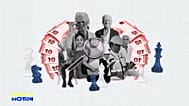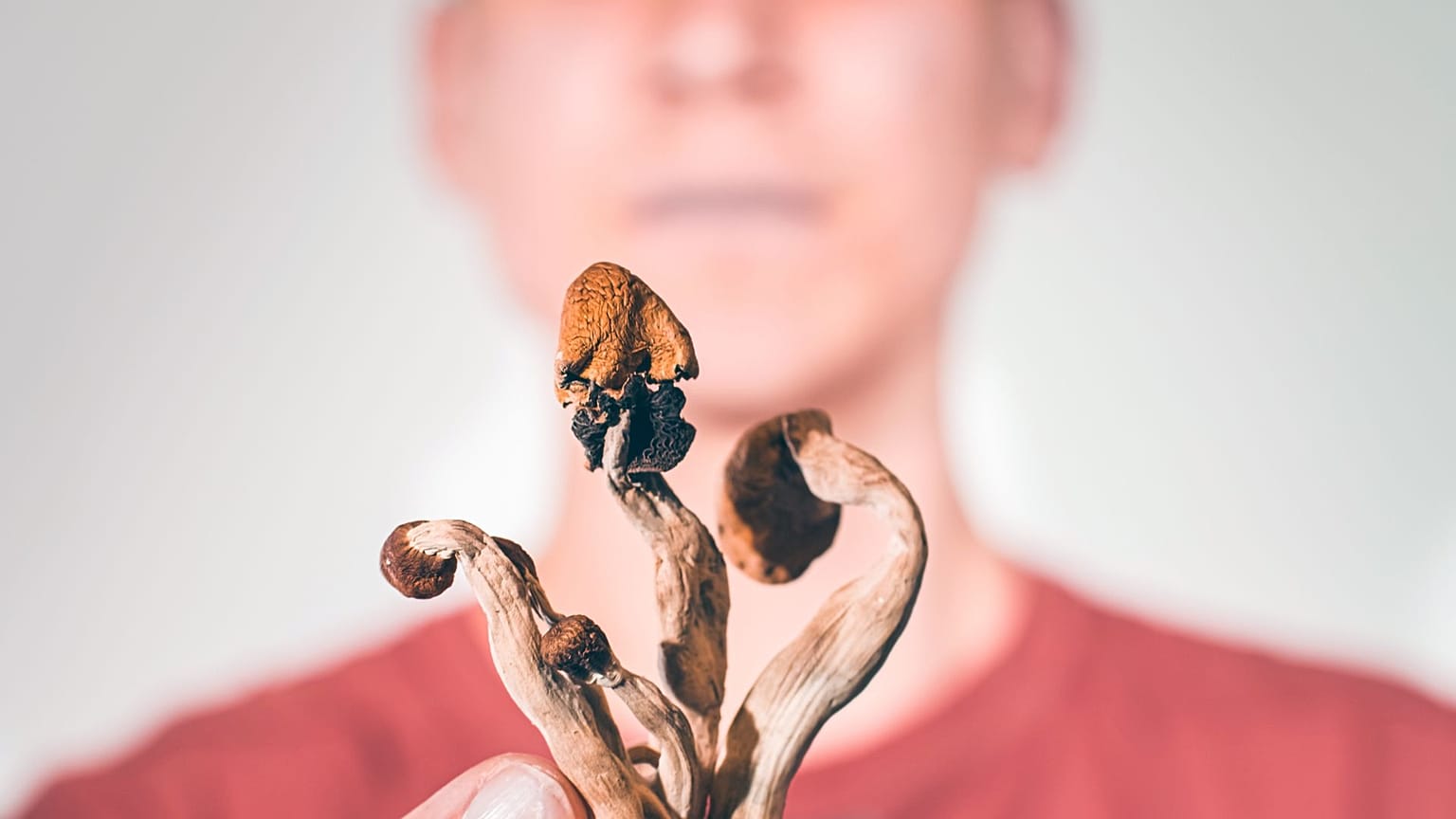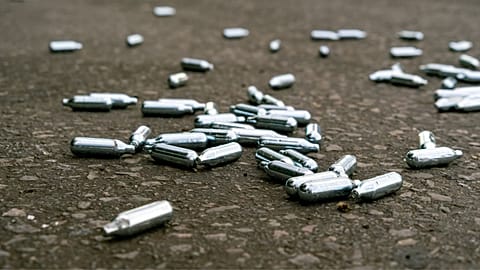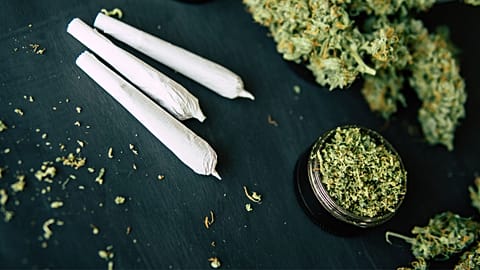Patients given a single 25 mg dose of psilocybin coupled with therapy showed significantly lower levels of depressive symptoms three weeks later.
The main psychoactive ingredient found in magic mushrooms can significantly reduce the symptoms of difficult-to-treat depression, according to data from the largest clinical trial ever to test the compound.
The mid-stage study, conducted by the London-based and Nasdaq-listed COMPASS Pathways, involved 233 patients with so-called treatment-resistant depression who have failed to benefit from at least two antidepressants.
In tandem with psychological support, each participant received a single 25 mg, 10 mg, or a control 1 mg dose of a synthetic formulation of the compound, psilocybin.
Once administered, patients entered a sort of "waking dream-like" state that lasted between four to six hours. Existing antidepressants typically take weeks to kick in.
Trial participants came in the morning, had their psychedelic experience, and left that afternoon or evening at their baseline state, said Dr James Rucker, consultant psychiatrist and senior clinical lecturer at King’s College London, who was involved in the study.
Data published in the New England Journal of Medicine showed that patients who were given the 25 mg dose of psilocybin had statistically significant lower levels of depressive symptoms than people treated with lower doses (1mg or 10mg) three weeks after treatment.
Additionally, about 29 per cent of patients in that group achieved remission on a standardised depression scale (a score below a certain cut-off point on the scale).
Given these patients have limited options that come with troublesome side effects or stigma, these findings are a positive step in the right direction, said Rucker.
Results 'positive', but not 'spectacular'
However, Ravi Das, an associate professor at the University College London Institute of Mental Health, cautioned that while the trial's findings are positive, they are not spectacular.
"There were an uneven number of severely depressed patients in each group; with significantly fewer severely depressed people in the apparent 'effective' (25 mg) dose group. This does not appear to be acknowledged in the paper," he said.
Data also showed that the treatment’s effect started to wane after about 12 weeks.
About 20 per cent of patients in the 25 mg group saw a sustained response after three months, versus roughly 10 per cent in the control 1 mg group, COMPASS said.
Although patients in the study were only enrolled if they were not considered to be at a clinically significant risk of suicide, three participants in the 25 mg group demonstrated suicidal behaviour within 12 weeks of treatment.
Since they are studying depression, suicidality is going to be a feature of the illness course, said Guy Goodwin, chief medical officer at COMPASS Pathways.
Data from two late-stage studies testing the compound could be unveiled by the end of 2024 at the earliest, he said.
COMPASS' compound, which is also being tested as a treatment for PTSD and anorexia nervosa, is believed to target the parts of the brain that are intimately involved with the processing of emotion, said Dr Rucker.
Psychoactive ingredients, whether derived from cannabis, LSD or magic mushrooms, have long captivated mental health researchers.
Navigating the complex legal hurdles to access these compounds has thawed the pace of research but with motivated scientists and a growing burden of poorly treated mental health conditions, the ecosystem of psychedelic research has exploded.
But critics worry that the burgeoning research could incentivise unbridled use of non-pharmaceutical versions of these drugs.
For more on this story, watch the video in the media player above.


















